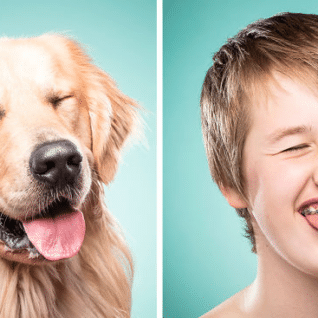Sometimes there are days where nobody seems to understand me. Well, I take that back —nobody aside from my best friend. He’s quiet and has his quirks like running around in circles, sniffing random objects, or chasing birds out of our yard. But he gets me, you know? Of course, I’m talking about no other than my dog because the phrase, ‘man’s best friend’ wasn’t coined for no reason!
Part of the reason dogs “get us” is that they are such empathetic creatures. They can sense our emotions sometimes better than we recognize them ourselves. But how well can our dogs truly know us? Read on to find out.










Conversation